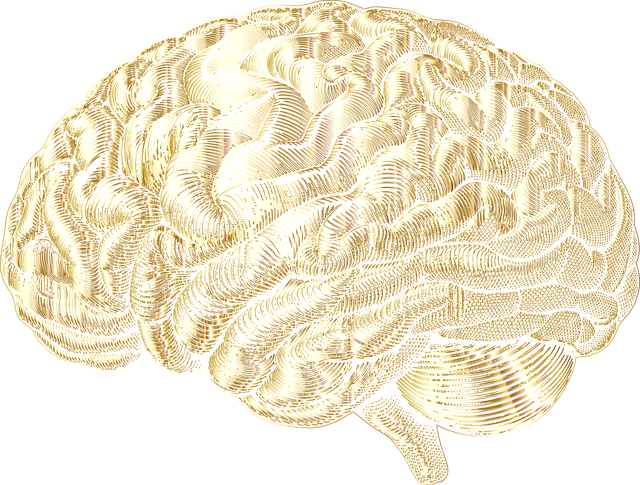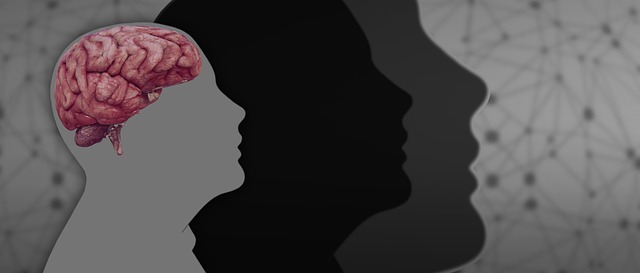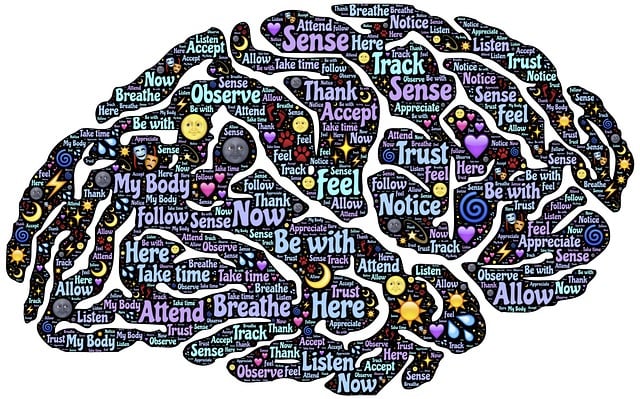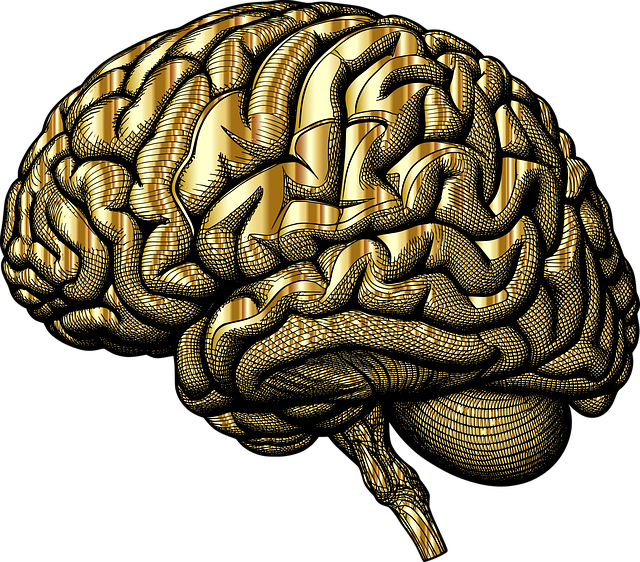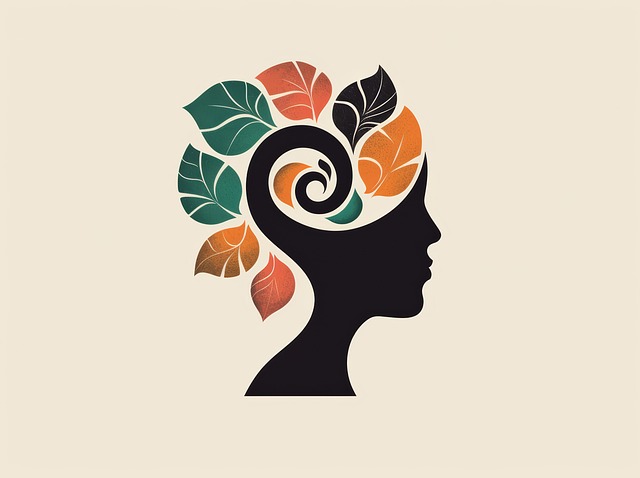Longmont Anxiety Therapy employs emotional intelligence (EI) as a powerful tool for managing mental well-being, reducing anxiety and depression symptoms through core treatment components that focus on EI development. Their practices include mindfulness meditation, self-reflection exercises, and cultural sensitivity, ensuring tailored interventions for diverse populations. Key EI skills developed are self-awareness, compassion cultivation, and empathy, enhanced by active listening. These techniques improve navigation of social interactions, prevent impulsive reactions, foster deeper connections, and ultimately promote better relationships and mental wellness, both for individuals and mental health professionals.
Emotional intelligence (EI) is a powerful tool for navigating life’s challenges and fostering meaningful connections. In this article, we explore how building EI can significantly impact mental well-being, particularly through Longmont Anxiety Therapy. We delve into understanding EI, focusing on self-awareness as the cornerstone of emotional intelligence and providing practical strategies to enhance it. Additionally, we discuss developing empathy skills, highlighting their role in connecting with others on a deeper level.
- Understanding Emotional Intelligence and Its Impact on Mental Well-being
- Strategies for Enhancing Self-awareness: The Foundation of Emotional Intelligence
- Developing Empathy Skills: Connecting with Others Through Emotional Intelligence
Understanding Emotional Intelligence and Its Impact on Mental Well-being

Emotional intelligence (EI) is the ability to recognize, understand, and manage our own emotions as well as recognize, interpret, and respond appropriately to the emotions of others. It’s not just about feeling emotions; it’s about using them effectively to navigate relationships, make decisions, and cope with stress. Research shows that developing emotional intelligence can significantly impact mental well-being, reducing symptoms of anxiety and depression and enhancing overall life satisfaction.
In Longmont Anxiety Therapy, for instance, building EI is a crucial component of treatment. By cultivating self-awareness and empathy, individuals can better navigate challenging situations, regulate their responses to stress, and strengthen their connections with others. This, in turn, fosters resilience—the ability to adapt and bounce back from adversity—and promotes a healthier, more balanced mental state. Moreover, cultural sensitivity in mental healthcare practice plays a vital role in fostering EI, ensuring that interventions are tailored to meet the unique needs of diverse populations, including Crisis Intervention Guidance designed to support individuals during traumatic or high-stress events.
Strategies for Enhancing Self-awareness: The Foundation of Emotional Intelligence

Developing self-awareness is a cornerstone of building emotional intelligence. It involves recognizing and understanding your own emotions, strengths, weaknesses, and how they influence your thoughts and behaviors. Longmont Anxiety Therapy offers effective strategies for cultivating this essential skill. Through practices like mindfulness meditation and self-reflection exercises, individuals can gain profound insights into their emotional landscape.
By increasing self-awareness, you become better equipped to navigate complex social interactions and manage challenging situations. This foundational step enables you to respond thoughtfully rather than reacting impulsively, fostering healthier relationships and improving overall mental wellness. Compassion cultivation practices, for instance, play a pivotal role in enhancing self-awareness by encouraging empathy and a non-judgmental perspective towards oneself and others, which is also beneficial in preventing burnout.
Developing Empathy Skills: Connecting with Others Through Emotional Intelligence

Developing empathy skills is a cornerstone of emotional intelligence and a vital aspect that Longmont Anxiety Therapy focuses on in their programs. By fostering an ability to understand and share the feelings of others, individuals can create deeper connections and enhance their interpersonal relationships. This skill involves actively listening not just with your ears but also with your heart, allowing you to perceive and appreciate the emotions that others are experiencing.
In the context of mental health professionals, cultivating empathy is crucial for effective practice. The Risk Assessment for Mental Health Professionals emphasizes the importance of empathy in building trust with clients. Similarly, Mental Wellness Coaching Programs Development and Mental Health Education Programs Design can benefit from incorporating empathy-building exercises to create a supportive and nurturing environment, ensuring that both practitioners and their clients thrive.
Emotional intelligence, a powerful tool for enhancing mental well-being, can be cultivated through self-awareness and empathy. By understanding and managing our emotions, as well as recognizing and connecting with others’ feelings, we can significantly reduce anxiety and improve relationships. Longmont Anxiety Therapy offers practical strategies to develop these skills, fostering a more balanced and fulfilling life. Embracing emotional intelligence is a journey that empowers individuals to navigate complex social interactions with grace and compassion, ultimately enhancing overall mental health.

